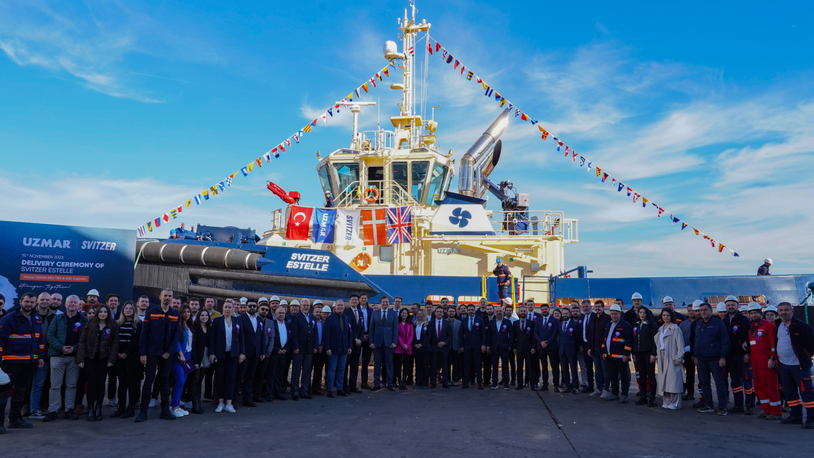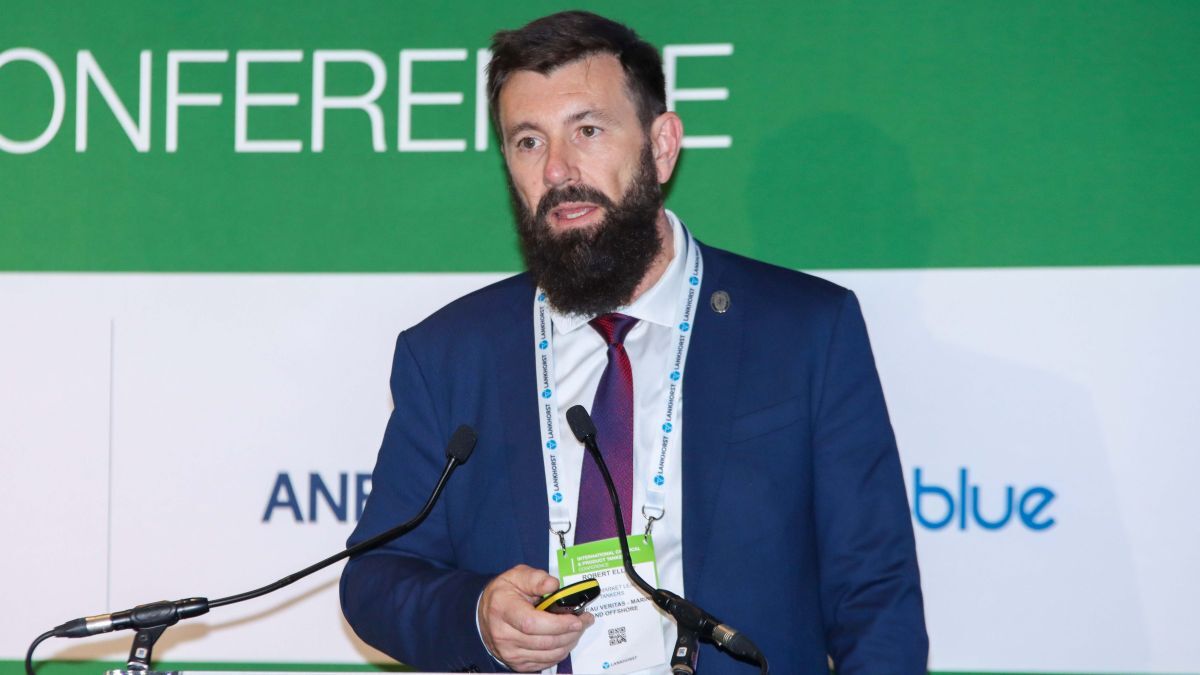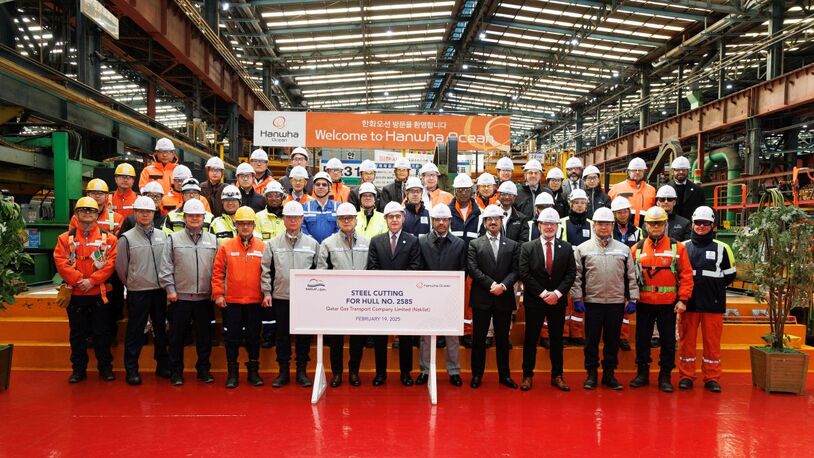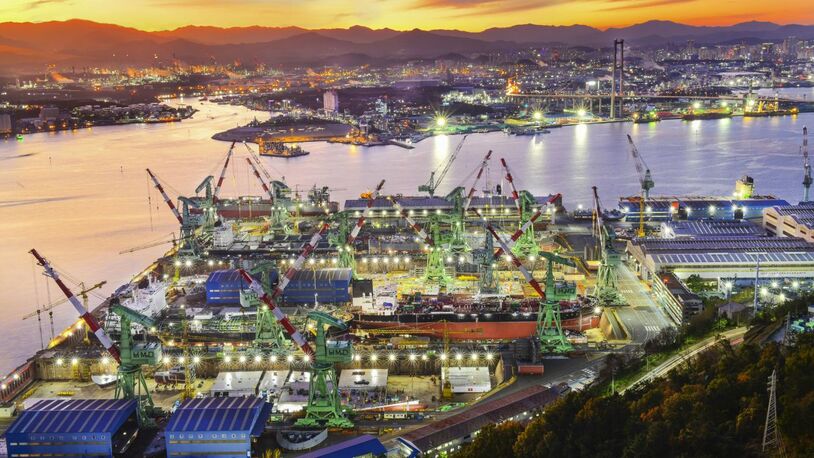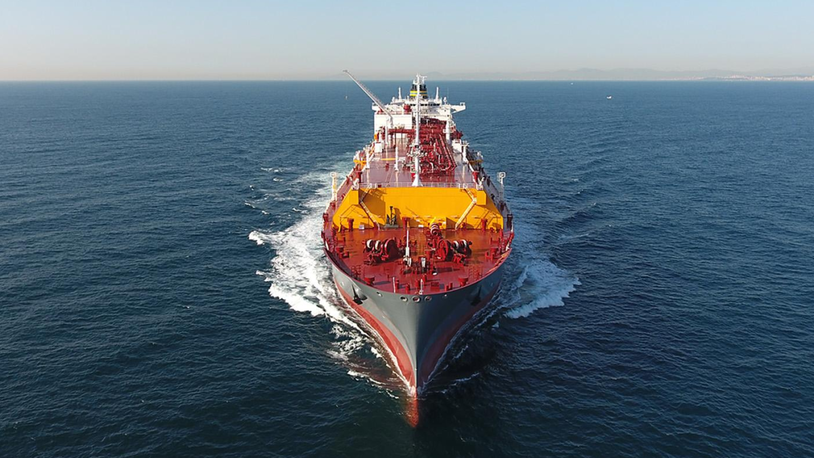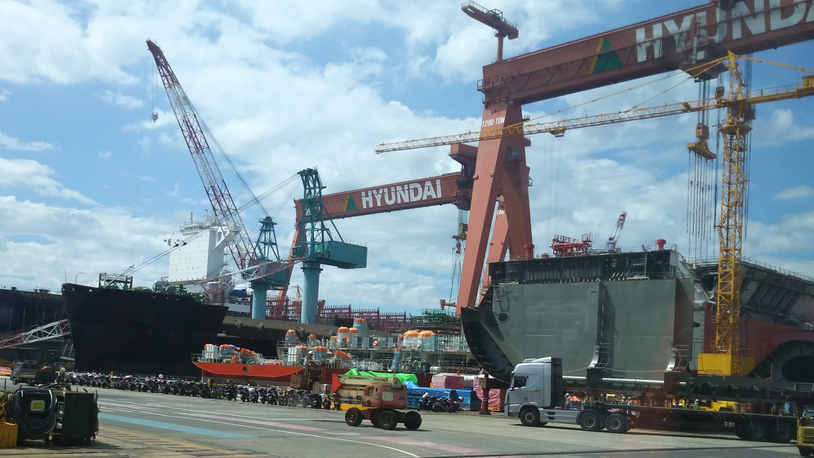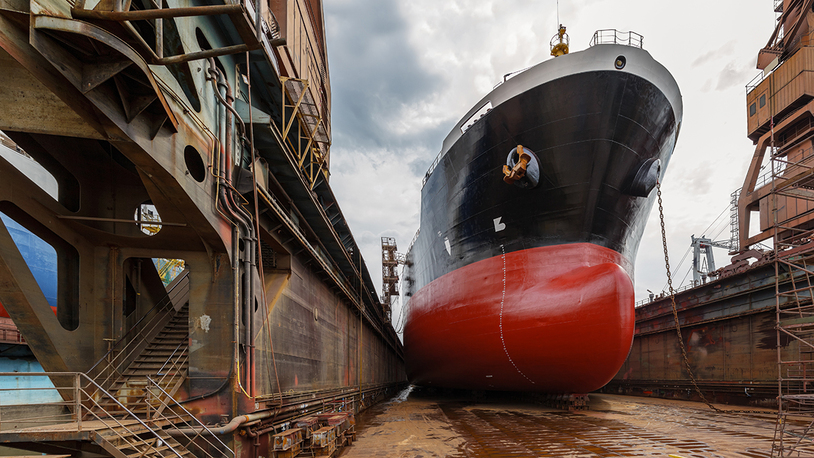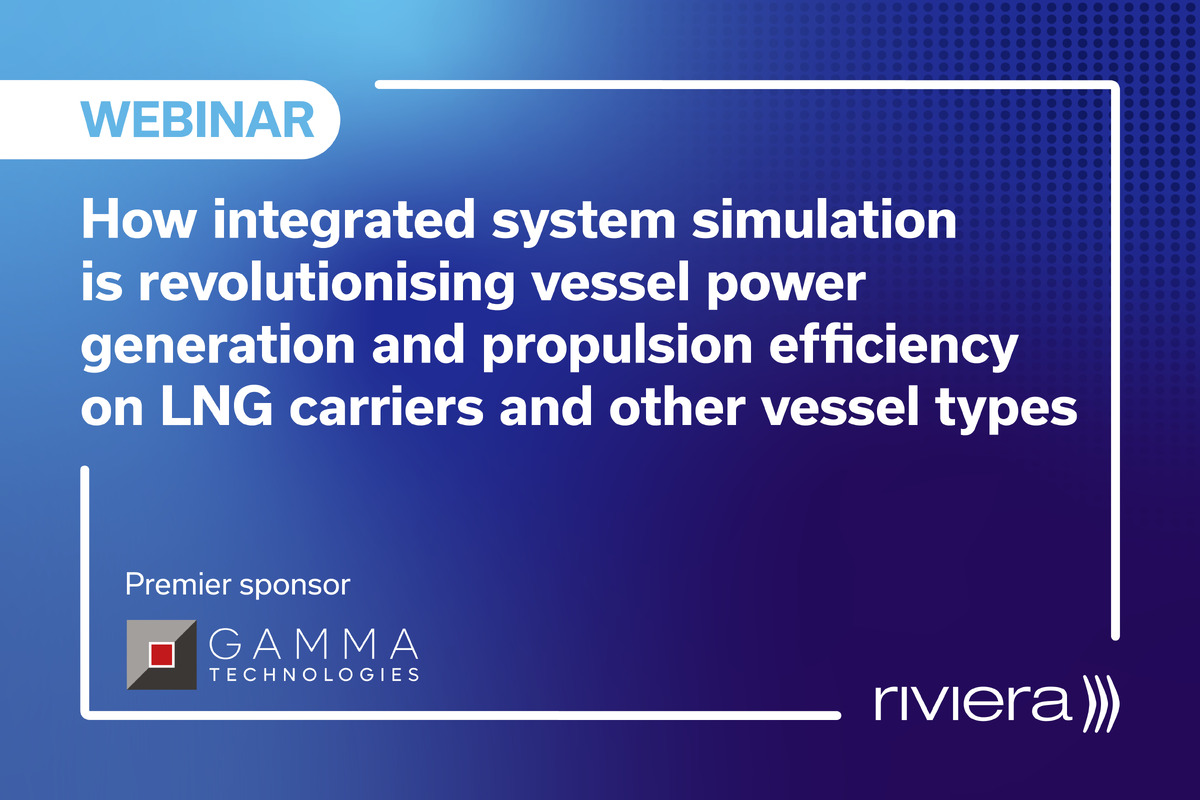Business Sectors
Events
Contents
Atlantis Tankers aims to rank among the larger shortsea tanker owners in three years
By size, Atlantis Tankers is a mid-ranking company in the shortsea tanker trades, but the goal is to be among the market leaders by 2019/2020, says chief executive officer Lorenz Weinstabl
Since its founding in 2004, Atlantis Tankers Group has owned and operated IMO II chemical/oil tankers. “Our journey began in the pre-Lehman Brothers days,” says Atlantis Tankers chief executive officer Lorenz Weinstabl. He admits that since those heady days the company has had to temper its ambitions so they are in line with market realities.
That said, Atlantis Tankers has progressively built up its fleet. Starting with 3,400 dwt tankers, it has since moved into the 6,500 dwt range, and has both a 4,500 dwt and an 8,000 dwt tanker vessel on order. The goal within 2–3 years is for its entirely Turkish-built fleet to rank by size among the top one third of shipowners operating vessels of up to 10,000 dwt on shortsea trades. In the early days the vessels were financed through a mix of private and institutional investors. Today they are financed through debt equity.
Atlantis Tankers was founded by Lorenz Weinstabl, Mehmet Aksoy and Kenneth Jan Madsen. Each brought his own distinctive expertise, or as Mr Aksoy poetically put it: “to bake bread you need salt, you need flour and you need water.” Mr Aksoy – a well-known figure in the Turkish maritime community, with experience in managing vessels and being both a ship and shipyard owner – later left the partnership, leaving the financial (Mr Weinstabl) and shortsea (Mr Madsen) specialists to run the group. “Mehmet was looking to build and sell. Our preference was to build and operate,” explains Mr Weinstabl.
The Atlantis fleet primarily operates in Mediterranean and continental European waters including the ARA range, French Atlantic coast and around the Iberian and Italian peninsulas. About 50 per cent of the trade comes via two major oil companies, and the vessels mostly carry easy chemicals or CPP products. Dirty cargoes are avoided, explains Mr Weinstabl, because the tank cleaning required can become very complicated, and can be very time consuming and expensive. “And even after having cleaned the tanks there is a risk that the vessel will be disqualified from carrying a swathe of clean chemicals,” he adds.
The vessels are of standard design. For now the company has ruled out installing scrubbers, Mr Weinstabl says, because “the economic case is not there when you have an engine in the region of 2,500kW.” But on the two newbuildings under construction, the company has opted for UV ballasted systems from a Scandinavian supplier.
In the beginning, Atlantis used third-party shipmanagers, but it now favours in-house management. This is based on what Mr Weinstabl refers to as “the increased company loyalty and commitment seen from personnel on the payroll versus crew who come via the agency route.”
In 2010 a spate of marine colleges opened in Turkey. Today, they are the principal source of crew for the company. “Prior to the boom in schools, you couldn’t take it for granted that there would be sufficient availability of Turkish seafarers who had experience in the tanker business and whose STCWs were also accepted by major flag states,” Mr Weinstabl says.
Surveying the Turkish shortsea owning market, Mr Weinstabl says that there are perhaps 15 major players, of which three (by virtue of the high-quality charters they secure) can be termed ‘Champions League’ operators. Atlantis is one. “We don’t time-charter vessels to other shipowners as many small companies do. We try to go into direct business with traders or oil companies to be able to benefit from their quality demands and then get rewarded for our quality,” he explains.
Related to this Story
Events
Maritime Environmental Protection Webinar Week
The illusion of safety: what we're getting wrong about crews, tech, and fatigue
Responsible Ship Recycling Forum 2025
© 2024 Riviera Maritime Media Ltd.



